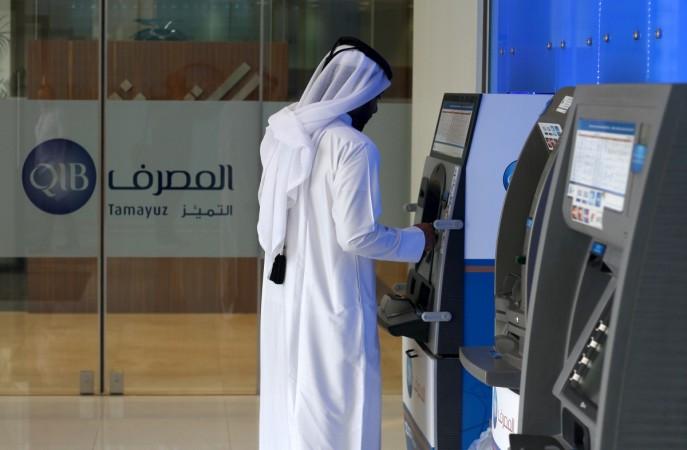
As more and more businesses look to tap demand from Islamic investors, Toronto-based Goldmoney Inc, a financial technology company that operates the world's largest 100 percent-reserved gold-based savings and payments network, said on Monday that its network accounts and wealth holdings have been endorsed as Shariah-compliant by the Shariah Supervisory Board of Amanie Advisors.
RBI-appointed panel wants Indian commercial banks to look at Islamic banking
The Shariah Supervisory Board had earlier issued a fatwa in accordance with the Shariah standard on gold set by the Accounting and Auditing Organization for Islamic Financial Institutions (AAOIFI) and developed in cooperation with the World Gold Council.
The move by Goldmoney now paves the way for Islamic investors to instantly purchase, save and transact in gold globally on its platform through the Shariah-compliant window.
"Our platform democratizes access to 100% reserved and allocated gold-based savings, payments, and investment solutions, and provides citizens worldwide with the choice to save and transact in a global money that protects their purchasing power and safeguards their wealth," said Josh Crumb, chief strategy officer of Goldmoney.
According to Goldmoney, it has more than 1.3 million users across 150 countries and the company administers approximately $1.7 billion in assets.
"As a company with an increasingly global client base, our compliance with Shariah law is an important step in our growth, enabling us to expand our offerings to the Islamic market," Goldmoney CEO Roy Sebag said.
Islamic finance does not allow gambling and outright speculation and also discourages paying interests, which is prohibited under Islam.
Apart from a few GCC countries and Malaysia, India's Reserve Bank in November last year proposed to open an "Islamic window" in Indian banks to gradually include the Sharia-compliant interest-free banking in the country. The Indian government and the RBI are exploring the possibility for quite some time now aiming to include those – primarily Muslims – who for religious reasons have so far opted to stay out of the country's banking system.
















